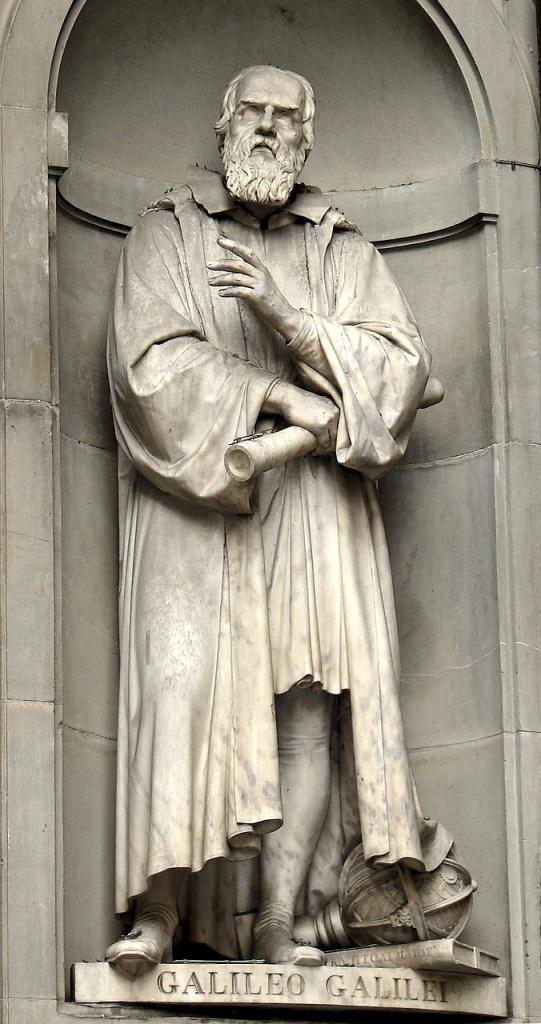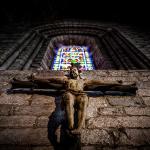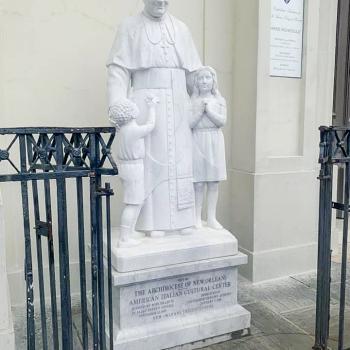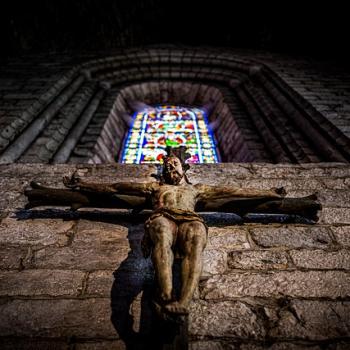
It is the age-old question: are faith and science compatible? This is an issue that man has wrestled with since the earliest of days; yet they are of particular significance in this current age of rapid discovery and technological advancement. Although they lived nearly four centuries apart, Galileo and Pope John Paul II shared very similar views on Biblical interpretation in relation to science not to mention the ability of human reasoning.
What the Catechism of the Catholic Church Says:
How should one interpret Sacred Scripture? According to the Catechism of the Catholic Church,
“In order to discover the sacred author’s intention, the reader must take into account the conditions of their time and culture, the literary genres in use at that time, and the modes of feeling, speaking, and narrating then current.”
Galileo’s Thoughts
Unfortunately, this writing was not available at the time of Galileo, nor had its expression been fully defined within the theological realm. In his defense of scientific findings and what the Bible says about such matters, Galileo makes a compelling argument when he writes: “the holy Bible can never speak untruth whenever its true meaning is understood.” Long before many in his time, Galileo understood that faith and science could, in fact, be compatible. Therefore, it was not science contradicting his faith that caused his conviction on charges of heresy; rather, it was their incorrect understanding and application of Scripture relative to science. Pope John Paul II seems to echo a similar sentiment when he quotes from an encyclical written by Pope Leo XII in his Address:
“‘Truth cannot contradict truth’ and we may be sure that some mistake has been made either in the interpretation of the sacred words, or in the polemical discussion itself.”
Which Is It?
Pope John Paul II addresses two important points: Scripture interpretation and whether this is a question of faith or not. Therefore, we see similar views between Galileo and Pope John Paul II on the importance of correct interpretation.
Where do knowledge and reasoning come into play in the faith vs. science debate? Galileo would say that both the Bible and nature, or what we observe in science, come from God Himself and His Word: the Bible from the Holy Spirit’s dictation, while the other is from God’s commands. In that same spirit, Pope John Paul II discusses two realms of knowledge: one that comes from Revelation and one that requires the use of man’s own reasoning. In this way, faith and science can mutually agree whether through correctly understanding the written word of God or by using the logical faculties that he gave man.
Although Galileo was not privy to the theological and scientific advances that were around in Pope John Paul II’s day, he was still able to harmonize his faith, which did not require sight, and what his senses observed in the scientific world. Somehow, after nearly four hundred years apart, these two men were able to express similar views on influential matters.

















